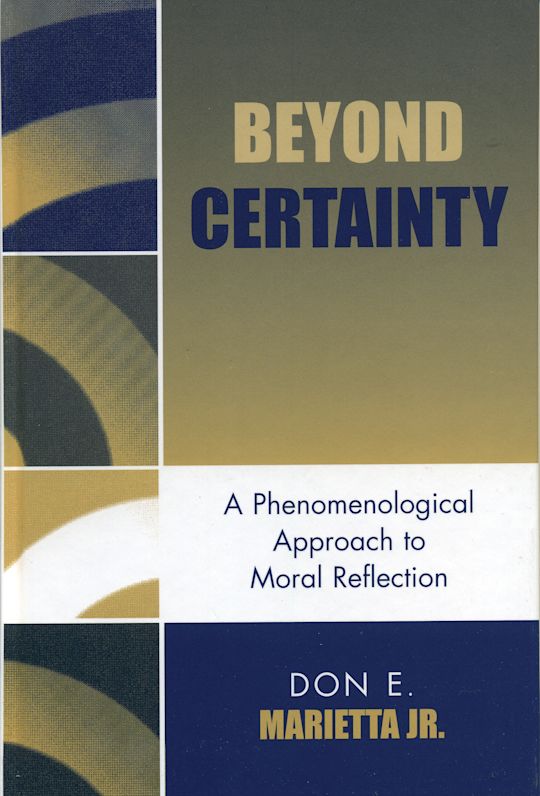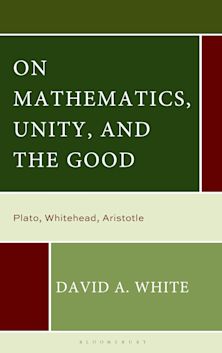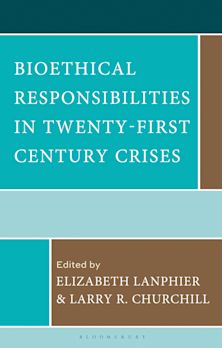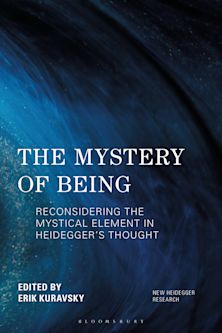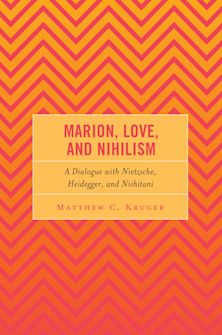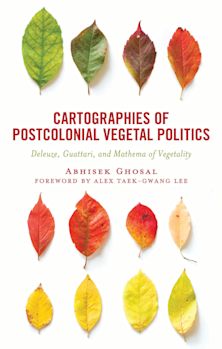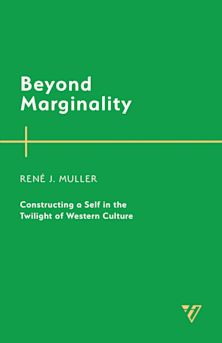- Home
- ACADEMIC
- Philosophy
- Philosophy - Other
- Beyond Certainty
You must sign in to add this item to your wishlist. Please sign in or create an account
Description
In Beyond Certainty: A Phenomenological Approach to Moral Reflection author Don Marietta turns moral reflection on its head. A unique study, Beyond Certainty is a phenomenological approach to the connection between factual knowledge and moral judgment. Marietta holds logical certainty to be unnecessary for moral decision-making. In point of fact, logical certainty about our moral judgments, according to the author, is impossible. Key dilemmas in recent moral theory are caught within this impasse represented through an "is/ought" dichotomy. Marietta trumps this impasse through a return to concrete reflection on our most primal consciousness of the world. He contends that consciousness does not separate out elements of facticity from evaluation and a sense of volition, as deductive forms of ethical and moral philosophy have required. For him, moral reflection, which is inimical to decision making, becomes the task of justifying the connection between fact, moral evaluation, and volition in our consciousness of the world. Marietta explains this task through a rigorous model requiring intersubjectivity about cultural valuation and experience, an exploration of cultural context or subjective "imbeddedness" of our selves and others in practical life, and a critical examination of individual worldviews that enable personal belief and attitudes.
Table of Contents
Chapter 2 Finding Moral Obligation in Primal Experience
Chapter 3 Making Moral Judgments
Chapter 4 Contextualism
Chapter 5 Moral Pluralism
Chapter 6 The Siren Song of Certainty
Chapter 7 An Adequate System of Ethics
Product details
| Published | 16 Jul 2004 |
|---|---|
| Format | Ebook (Epub & Mobi) |
| Edition | 1st |
| Extent | 104 |
| ISBN | 9780739152386 |
| Imprint | Lexington Books |
| Publisher | Bloomsbury Publishing |
About the contributors
Reviews
-
Marietta's work is an original contribution to the field of ethics, striking out beyond mere textual scholarship. His incorporation of insights from the phenomenological tradition within an inquiry that lies primarily within the field of traditional ethical theory is unique and timely. His analysis is well-written and well-argued, and his original position on the role of concrete reflection provides a much-needed corrective to the tendencies of current ethical theory. For these reasons, I believe this to be a significant contribution to the field.
Ted Toadvine, Emporia State University









